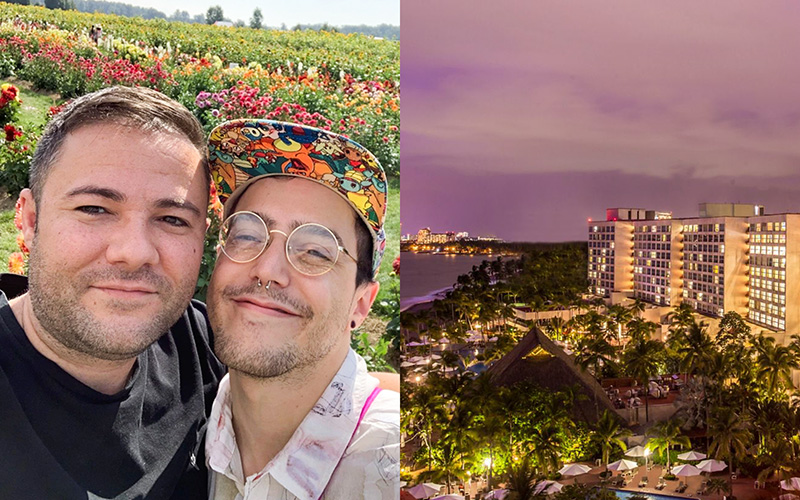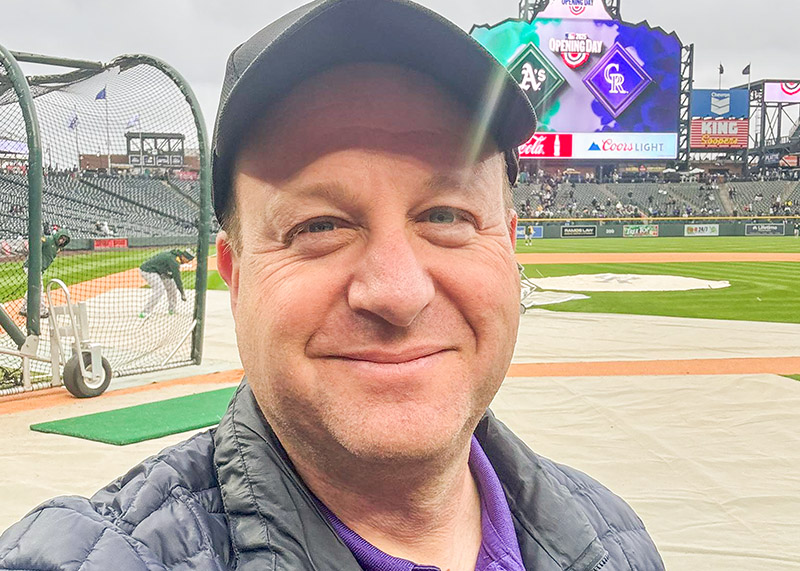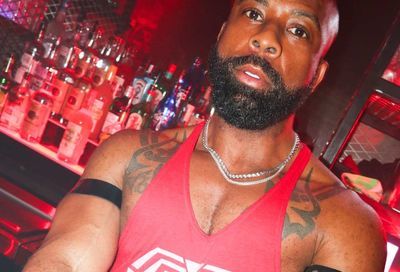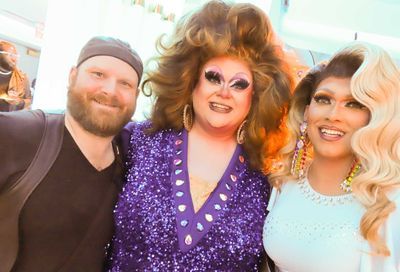Appeals court rejects wedding website designer’s attempt to overturn Colorado’s anti-discrimination law
Appeals court rules 2-1 that Colorado's Anti-Discrimination Act has an interest in protecting LGBTQ residents from discrimination.

A federal appeals court has ruled against a graphic designer who sued the state of Colorado in an attempt to overturn a law prohibiting anti-LGBTQ discrimination in public accommodations.
Lorie Smith, the owner of 303 Creative, creates graphic designs and websites for houses of worship, political candidates, and weddings, as well as other clients. She claims she will do work for LGBTQ clients, but that her religious beliefs prevent her from creating custom wedding websites for same-sex nuptials or “promoting events, products, services, or organizations that are inconsistent with my religious beliefs,” according to the company’s website.
In September 2016, Smith enlisted the help of the anti-LGBTQ legal group Alliance Defending Freedom and filed a lawsuit challenging the Colorado Anti-Discrimination Act, which prohibits discrimination against various groups, including LGBTQ people, in places of public accommodation.
Her lawsuit was dismissed in May 2019, on the grounds that she had filed suit before the state had taken any action against her — or before she had even been asked to create a website for a same-sex couple — and thus, had no grounds to sue.
In September 2019, a federal district court ruled against Smith, finding that her proposal to post a statement outlining her objection to promoting same-sex weddings “proposes an unlawful act because it proposes to do something — deny services to same-sex couples — that a different statute, the Accommodations Clause, prohibits.”
Smith appealed that decision, but on Monday, a three-judge panel for the 10th U.S. Circuit Court of Appeals rejected her appeal, arguing it had a responsibility to protect the “dignity interests” of marginalized groups protected under the nondiscrimination law.
In its ruling, the court ruled 2-1 that businesses that open themselves up to the public must provide services for same-sex marriages if they offer the same services for opposite-sex weddings. Writing for the court, Senior Judge Mary Beck Briscoe found that the Accommodation Clause of Colorado’s nondiscrimination law is “narrowly tailored to Colorado’s interest in ensuring ‘equal access to publicly available goods and services.'”
“When regulating commercial entities, like Appellants, public accommodations laws help ensure a free and open economy. Thus, although the commercial nature of Appellants’ business does not diminish their speech interest, it does provide Colorado with a state interest absent when regulating noncommercial activity,” Briscoe wrote.
See also: Norfolk photographer drops challenge to Virginia’s LGBTQ nondiscrimination law
“Excepting Appellants from the Accommodation Clause would necessarily relegate LGBT consumers to an inferior market because Appellants’ unique services are, by definition, unavailable elsewhere,” Briscoe continued. “…To be sure, LGBT consumers may be able to obtain wedding-website design services from other businesses; yet, LGBT consumers will never be able to obtain wedding-related services of the same quality and nature as those that Appellants offer. Thus, there are no less intrusive means of providing equal access to those types of services.”
Briscoe added that while a diversity of faiths “enriches” society, “a faith that enriches society in one way might also damage society in other, particularly when that faith would exclude others from unique goods or services.”
“Make no mistake, this was another attempt by Alliance Defending Freedom (ADF) to chip away at hard-won civil rights secured for LGBT people and their families,” Pizer added. “But the appellate court today saw through ADF’s transparent and continuing effort to secure a ‘free to discriminate’ card to exempt 303 Creative from the laws all other Colorado businesses are expected to follow. The stakes were higher than many people realized. Had ADF succeeded, that federal constitutional ‘free to discriminate’ card also could have been used by all sorts of businesses to excuse turning anyone away due to their race, color, sex, ethnicity, religion, disability or anything else now covered by state or federal law in any of the states in the Tenth Circuit: Colorado, Kansas, New Mexico, Oklahoma, Utah, and Wyoming.”
Conservatives sued Virginia over pro-transgender school policies. Their case was thrown out.
Republican Senate candidate says “childless” Pete Buttigieg should have less voting power
Support Metro Weekly’s Journalism
These are challenging times for news organizations. And yet it’s crucial we stay active and provide vital resources and information to both our local readers and the world. So won’t you please take a moment and consider supporting Metro Weekly with a membership? For as little as $5 a month, you can help ensure Metro Weekly magazine and MetroWeekly.com remain free, viable resources as we provide the best, most diverse, culturally-resonant LGBTQ coverage in both the D.C. region and around the world. Memberships come with exclusive perks and discounts, your own personal digital delivery of each week’s magazine (and an archive), access to our Member's Lounge when it launches this fall, and exclusive members-only items like Metro Weekly Membership Mugs and Tote Bags! Check out all our membership levels here and please join us today!


























You must be logged in to post a comment.